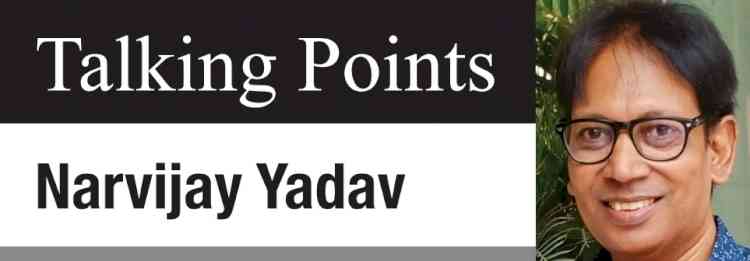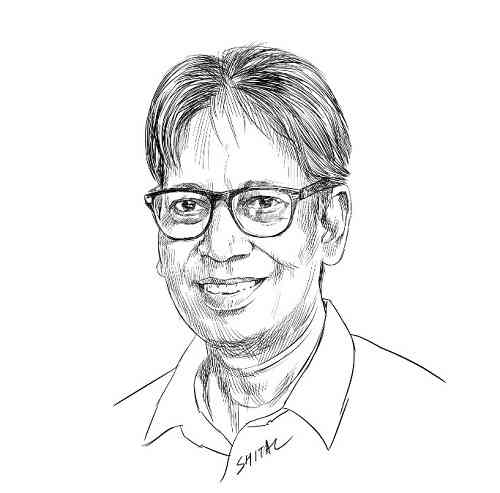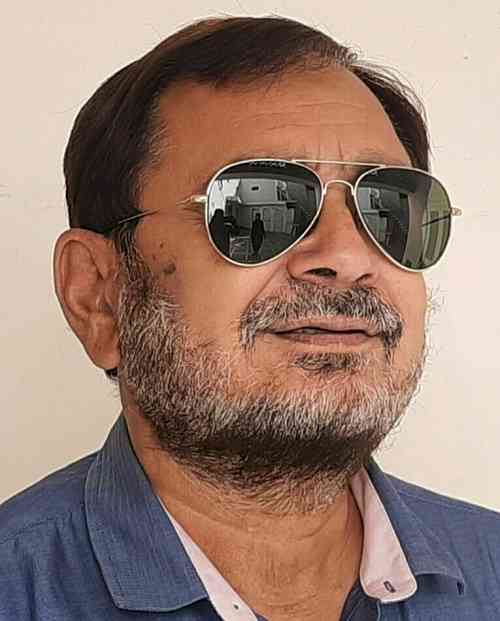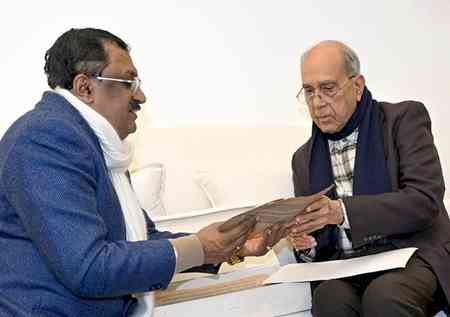Horn OK Please – no one knows this riddle
Horn OK Please. You must have seen these three words on the back of almost every truck. This sight is common all over the country. No one knows exactly what it means and who first started this strange tradition.

Horn OK Please. You must have seen these three words on the back of almost every truck. This sight is common all over the country. No one knows exactly what it means and who first started this strange tradition. It is said that during the Second World War, when there was an acute shortage of diesel, the trucks had to be run with kerosene. From the point of view of safety, it became necessary to keep distance between two vehicles, so they wrote on the back - Horn OK Please! Another story tells that the Tatas had a monopoly on trucks in the country. To promote 'OK', one of their detergent brands, OK was written in the middle of the Horn Please. God knows, what is the real story behind this riddle. Agreed, that older trucks usually don't have indicators and rear view mirrors, which makes it necessary to blow the horn. Earlier the roads also used to be narrow and accident prone. However, most of the roads nowadays are multi-lane, and new trucks do have indicators and mirrors, yet the 'Horn OK Please' continues to be written.
In 2015, the Maharashtra government banned this 'Horn OK Please' on the back of commercial vehicles. The rationale behind this was that this encourages drivers to use the horn improperly, which increases noise pollution. When it comes to horns, Nitin Gadkari, Union Road Transport Minister, has his own view. He wants to bring a law under which the sound of Indian instruments can be heard from the motor horns. If Gadkari succeeds, the music of flute, tabla, violin, mouth organ and harmonium will be heard from the vehicles. Ambulances and police jeeps will also replace the sirens with the mesmerizing tunes played on All India Radio in the early morning hours. It may sound interesting, but isn’t it a weird idea? The main function of the horn is to give a warning, not to entertain people in such a way that they turn around and forget to move away or give a passage to another vehicle.
It is true that loud horns have become so prevalent on highways and in cities that it leaves one's head dizzy. It is also natural to have accidents when driving at high speed with a loud horn. It is reported that 5 lakh road accidents occur in India every year, in which about 1.5 lakh people get killed and many are injured. India loses three percent of its gross domestic product (GDP) due to accidents. The Ministry of Road Transport is considering this problem only to reduce the stress caused by noise. Experts warn that being exposed to noise above 93 decibels for eight hours can lead to hearing loss. In addition to irritability, the noise of the horn can cause loss of hearing. In European countries, vehicle horn noise ranges from 87 to 112 decibels. The ban on the use of multi-tone horns is in force in many cities of Maharashtra, Tamil Nadu, Delhi NCR and Chandigarh. There should be strict legal action on those who use loud horns or honk unnecessarily. Some people lack patience, and hence blow the horn repeatedly. They must be taught a lesson
(Author is a senior journalist and columnist)


 Narvijay Yadav
Narvijay Yadav 










